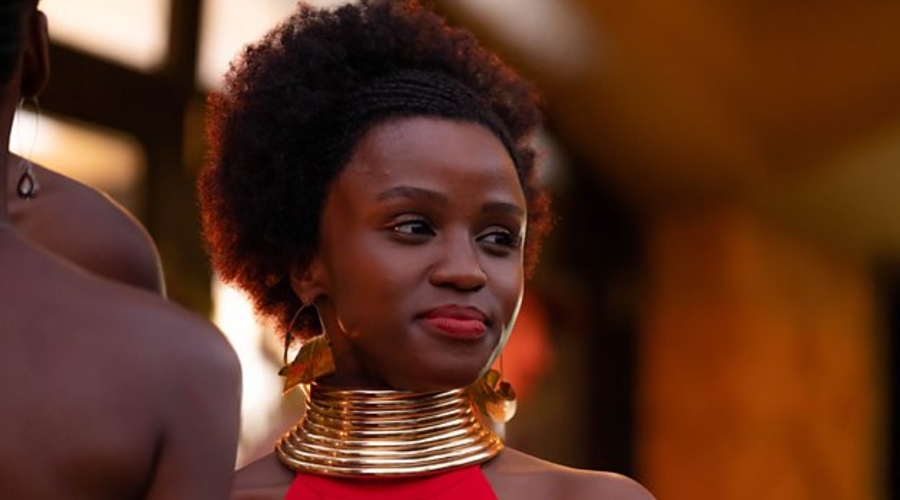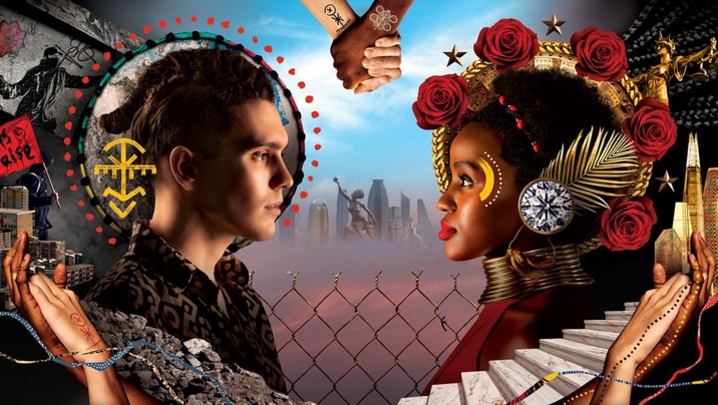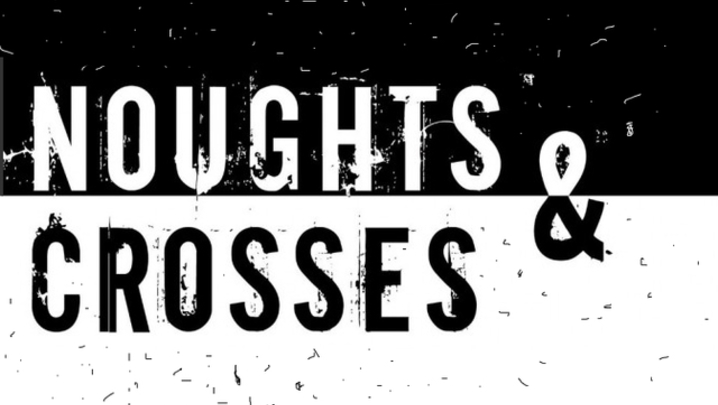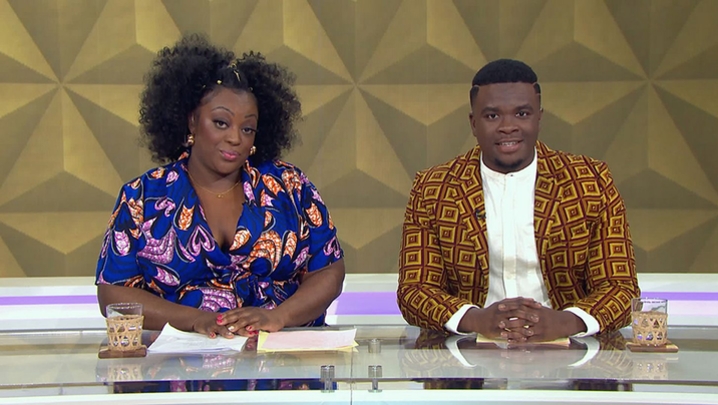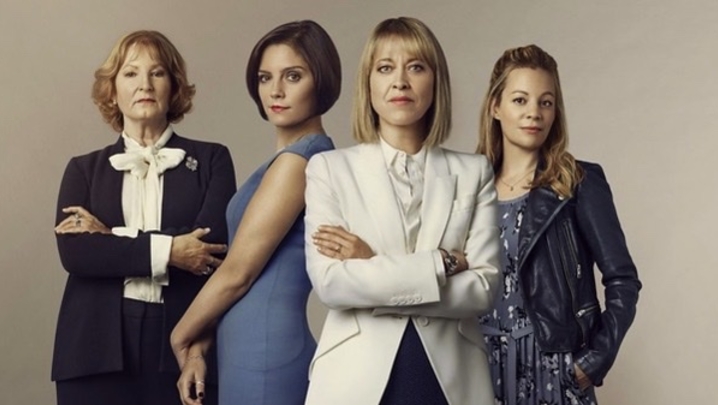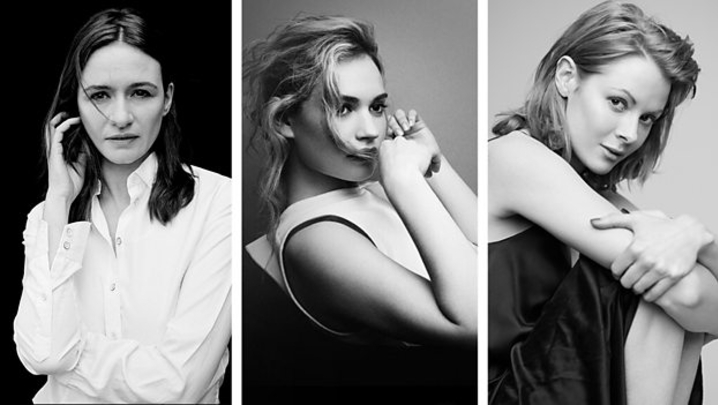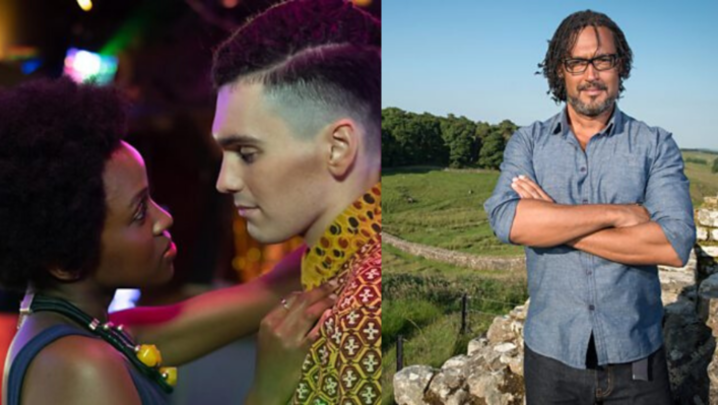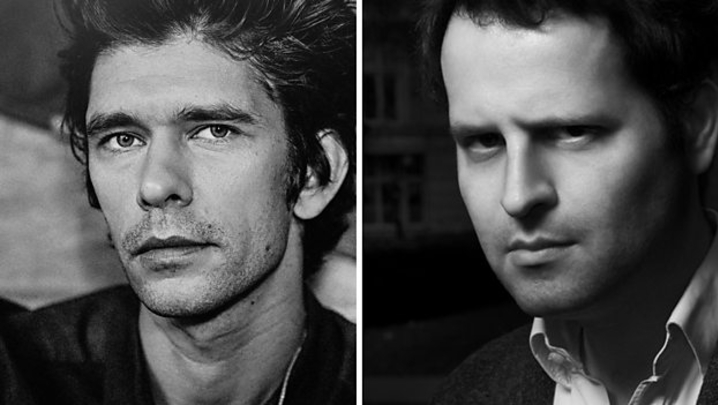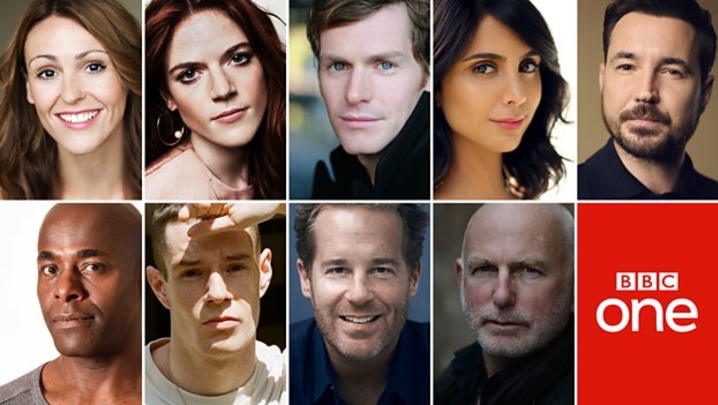Masali Baduza talks about tackling stories of social injustices on screen and her first international role in BBC One's new adaptation of the cult novel Noughts and Crosses.
How did you get involved with the Noughts and Crosses project?
I was stage managing a friend’s show in South Africa and my agent sent me the brief for Noughts and Crosses. I got together, self-taped and sent that over, the producer Johann Knobel and the director at the time Kibwe Tavares really loved it and flew me to Cape Town for an extensive call back and workshop audition. We spoke about the character and I did a couple of scenes and Knobel said he wanted me to fly to London to test with Jack Rowan, who had already been cast at that point. I read with Jack and he was great, we really clicked and gelled well together, then a couple weeks went by and I thought that was that, but then they called me and offered me the role.
Had you done a lot of work outside South Africa before?
No, not at all. This is the first thing that I've done outside of South Africa. I did a local TV production called Trackers which was really great and then mostly theatre. This is my first big film or TV role and my first big international role. It was all very new and overwhelming.
Were you a fan of the books before you signed up to the role?
I hadn’t heard anything about the books, but after I auditioned for the role I went into crazy research mode, I read the books and watched all of Malorie Blackman’s interviews about them. It’s such a special story and obviously hearing what it means to people in the UK is just wild.
After reading the books and script, did you have a clear idea of how you wanted to play Sephy?
Yeah, I knew from the minute I read the script exactly who she was and where I wanted to go with her. I was really excited to play a young black girl who is privileged and has the world on her side and is so protected. Having the character then learn about the world and become conscious of the way people are treated was just so much fun. The journey of Sephy is just beautiful to me.
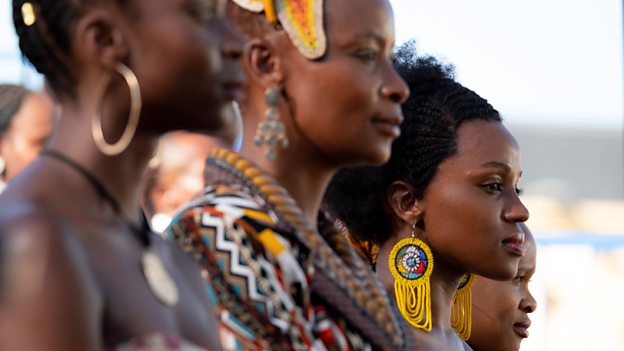
Did you get to speak to Blackman during the filming process?
I didn’t, I wish I had though. I met her after we finished filming and she was just the loveliest woman. She was really excited about the show and that meant a lot because it was the world that she had created, for her to be happy with the show and give her stamp of approval... it was really special to meet her.
Do you have any standout moments from production?
For me, one of the most memorable scenes was Jasmine Hadley’s birthday party, because it was a celebration of black people and black culture and African culture, which is not often depicted on TV and film. I also enjoyed my scenes with Jack Rowan, it was a delight to work with him, all of the Sephy and Callum scenes were either just heart-breaking or heart-warming.
There are themes of prejudice and the conflict between the Noughts and the Crosses, but there is also this love story which provides such a contrast...
A love story is a story that I think almost anyone can relate to, a love story is universal and I think that allows audiences to really invest in the world we have created and pick up on the racial injustices and social injustices the characters face based on the colour of people’s skin. I think a love story gives people a way into that.
Was it nice to be part of a series where black culture was celebrated?
It was great, especially filming in South Africa given the country’s history. It was really special to film with Sephy’s family who are a privileged black family and see the ins and outs of their family dynamics. Every time we shot at the Hadley house there was always something dynamic going on and I really learnt a lot from working with Patterson Joseph, Bonnie Mbuli and Kiké Brimah.
What were the main challenges you faced while filming the series?
I don’t want to give any spoilers, but some of the scenes that Jack and I shot together were particularly hard because they were very emotional and quite literally life or death, so to get into that headspace was quite challenging. Also, any scenes where Sephy was the only one amongst members of the Nought community who really despised her was very intense.
You studied at the New York Film Academy, do you think as an actor it’s important to have formal training?
Yeah I do, in high school a casting director told me to study acting once I’d graduated and that’s what I did. I think studying formally gives you tools to navigate different stories and different characters and it gives you the opportunity to be around other actors and lecturers who can help guide you. As an actor you never stop learning, even on set.
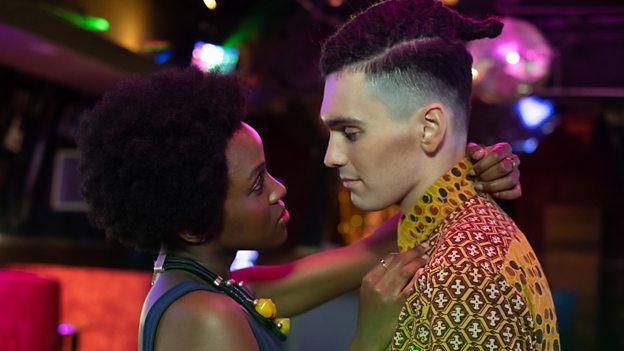
What is some of the best career advice you have been given?
To remain true to yourself and the things that you believe in and to do projects that really resonate with you. If something is for you it will be for you, and if it’s not then it’s not, trust your gut and do the things you passionately feel will make a difference.
Were there any actors growing up that you really admired? And are there any actors you’d like to work with in the future?
Growing up there were a lot of US sitcoms on South African television and one that stood out to me was definitely Girlfriends. I was so obsessed with Tracee Ellis Ross, Toni, Lynn and Maya and I think that was the first time I saw a show with a group of black women and that was a really powerful moment for me growing up. I also loved Scandal growing up, I think Kerry Washington is brilliant. Someone who I really admire now and who is blowing up is Florence Pugh, I think she’s incredible and I’d love to work with her one day.
What do you want viewers to take away from Nought and Crosses?
If there’s one thing I’d want viewers to take away, is that if you are someone who is in a position of privilege in society, push past any guilt you may feel and do what you can to help eradicate institutional racism. I’d love for people to watch the show and want to take action to help people of colour in whatever way that they can. If everyone acknowledges the privilege certain people have, it’s up to those people as well to help push the agenda forward.
What kind of projects would you you like to work on in the future?
I’d love to do it all, I think moving forward I’d like to tell stories that comment on society and on injustices, but having said that I would also love to play a character in a story where race isn’t a factor. Where it can be a black couple who are living and the fact that they are black doesn’t have anything to do with the story.
Noughts and Crosses starts at 9pm on Thursday 5th March on BBC One.

